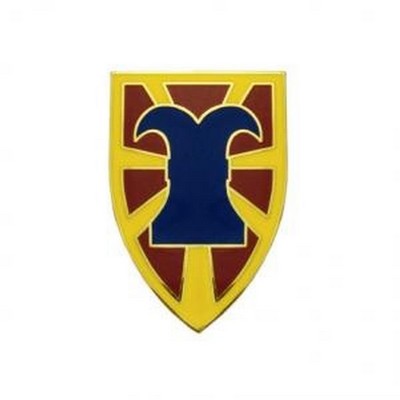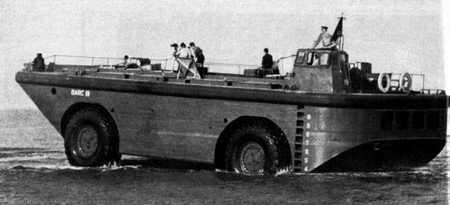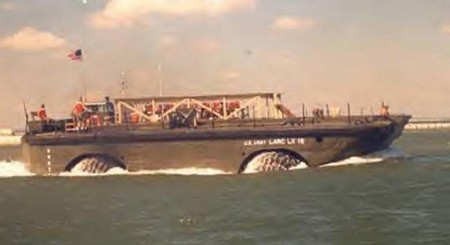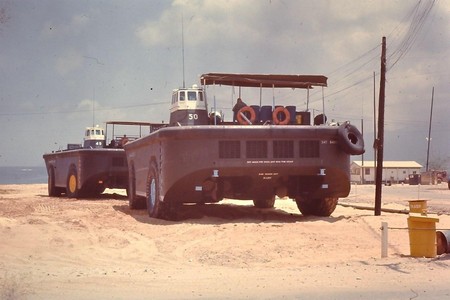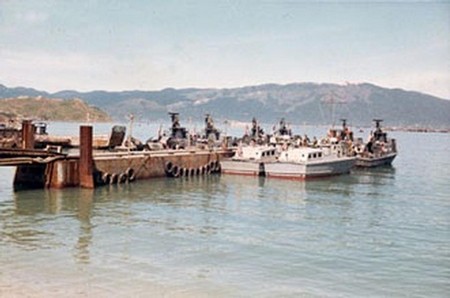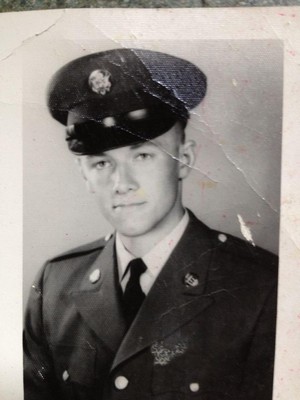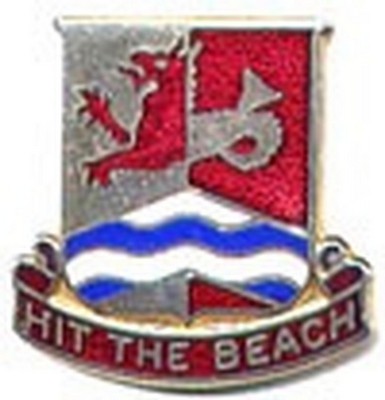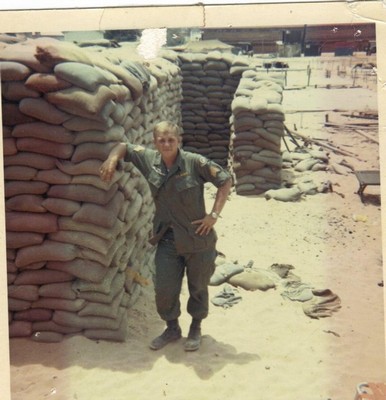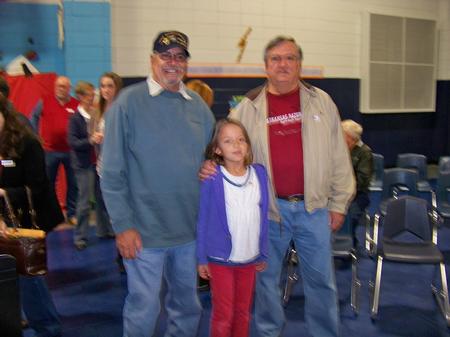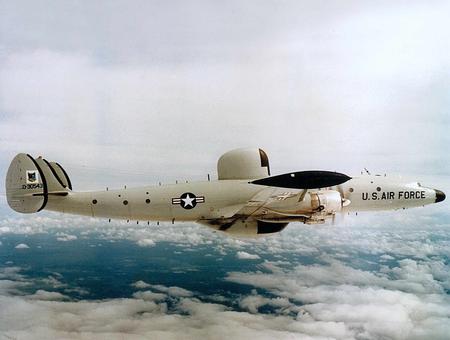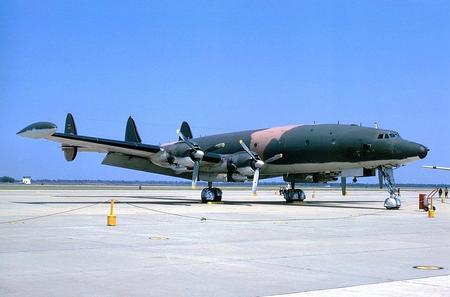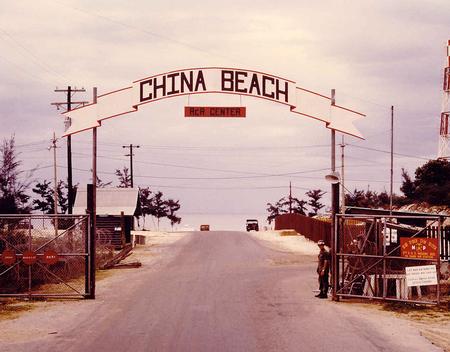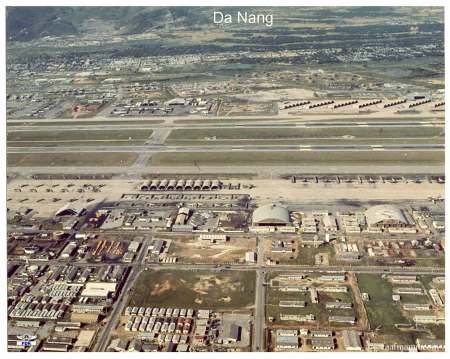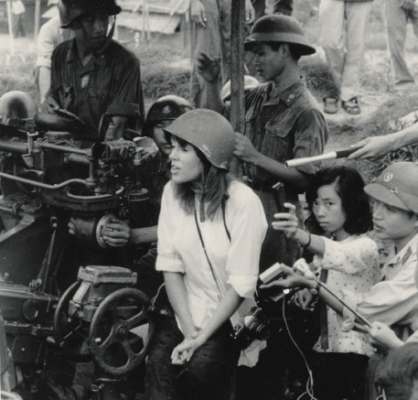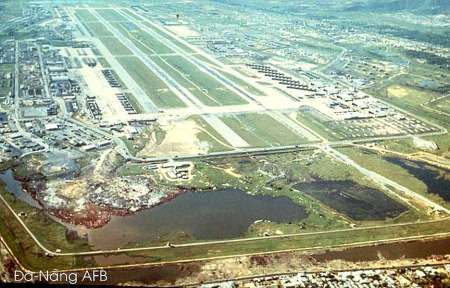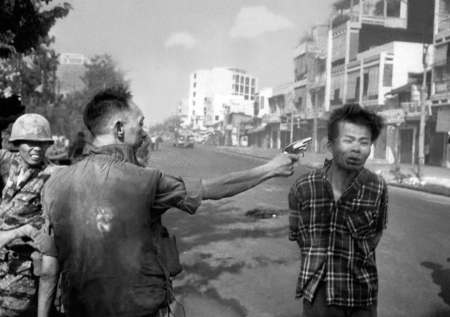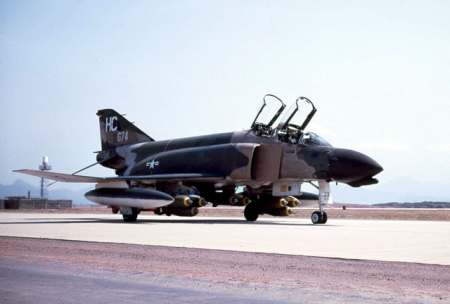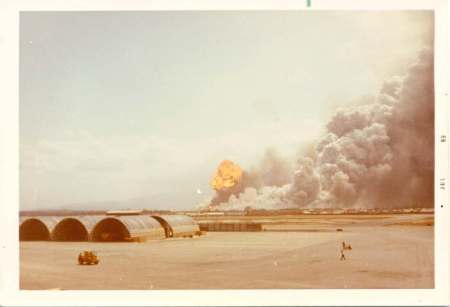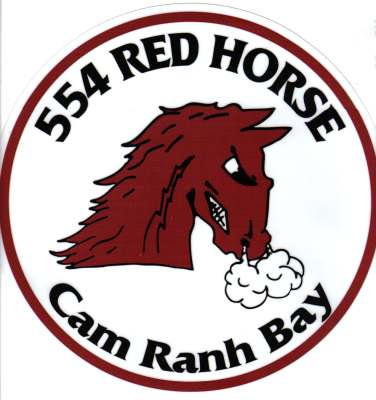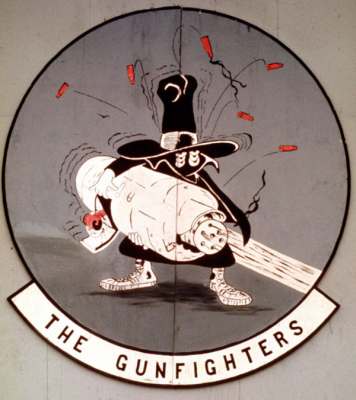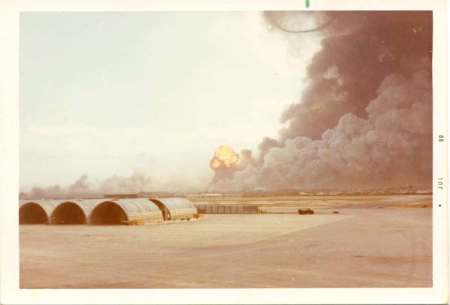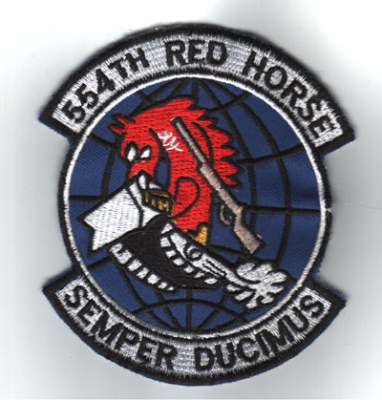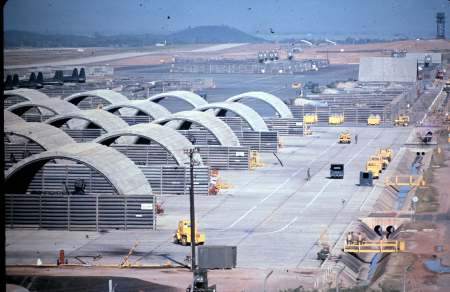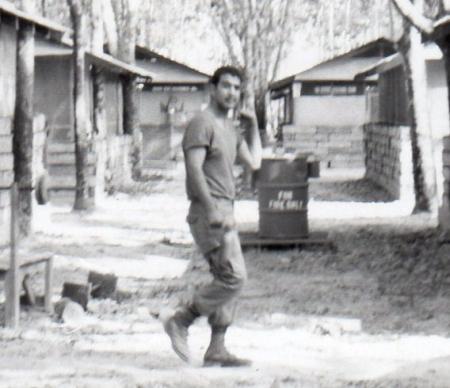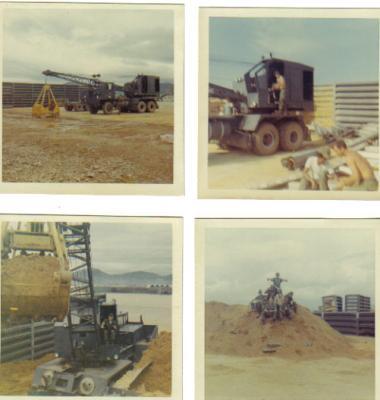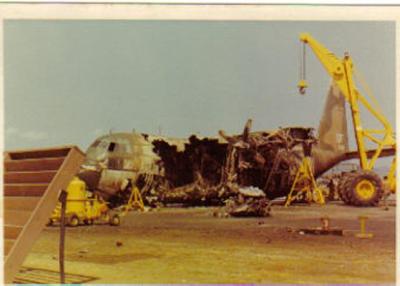ABOUT 554 CES Red Horse
- Origins: The 554th Civil Engineer Squadron (CES) RED HORSE was activated on 1 October 1965 at Phan Rang Air Base, Vietnam, making it one of the original RED HORSE squadrons created during the Vietnam War to provide heavy construction capability in combat zones.
- RED HORSE Meaning: "RED HORSE" stands for "Rapid Engineer Deployable Heavy Operational Repair Squadron Engineers." These units are highly mobile and self-sufficient, specializing in heavy construction and repair in austere environments.
- Vietnam War Service: During the Vietnam War, the 554 CES RED HORSE completed over 500 construction projects, including runways, roads, airfields, and defensive fortifications under enemy fire.
- Guam Assignment: After Vietnam, the 554th was relocated and is currently based at Andersen Air Force Base, Guam, where it supports Pacific Air Forces (PACAF) operations.
- Disaster Response: The squadron has played a significant role in humanitarian and disaster relief operations in the Pacific, including typhoon and tsunami recovery efforts in Guam, the Philippines, and other Pacific islands.
- Distinctive Red Hats: RED HORSE personnel are known for wearing red hard hats during construction projects, symbolizing their unit pride and making them easily recognizable on worksites.
- Expeditionary Capabilities: The 554 CES RED HORSE is designed to deploy rapidly anywhere in the world, capable of building airfields, roads, bridges, and other infrastructure from scratch, often in challenging or hostile environments.
- Joint Operations: The 554th frequently works alongside other U.S. military branches, allied forces, and host nation partners, enhancing interoperability and fostering international cooperation.
- Awards and Recognition: The squadron has earned numerous Air Force Outstanding Unit Awards and other commendations for its exemplary performance under difficult and dangerous conditions.
- Modern Missions: Today, the 554 CES RED HORSE continues to support contingency operations, readiness exercises, and infrastructure improvement projects across the Indo-Pacific, maintaining a crucial role in the U.S. Air Force's ability to "build the base" anywhere, anytime.

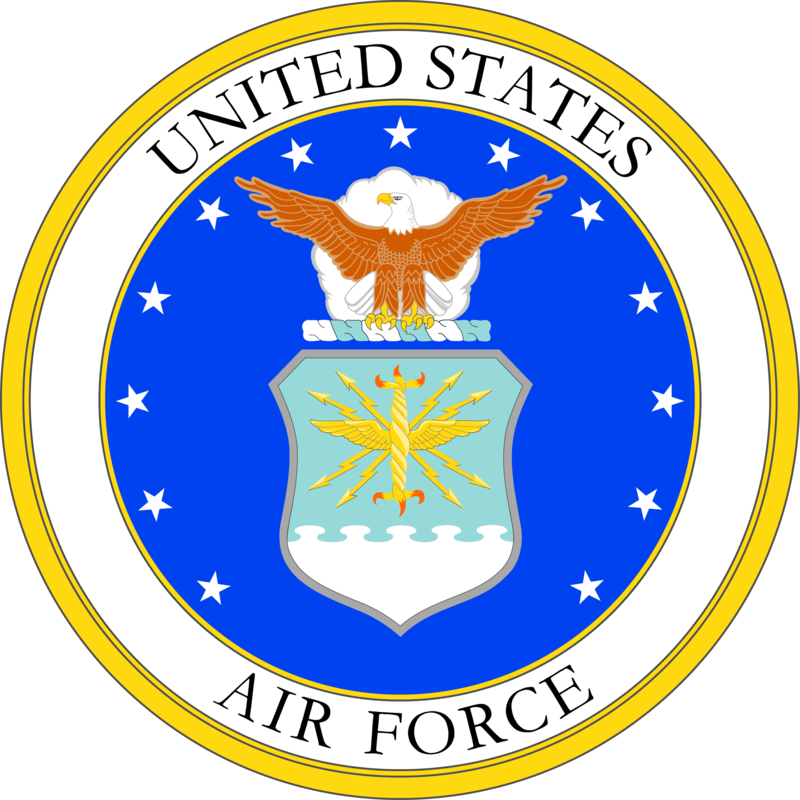
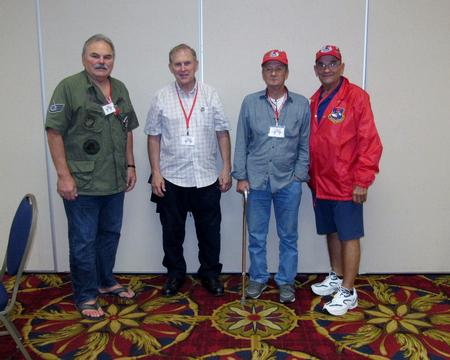
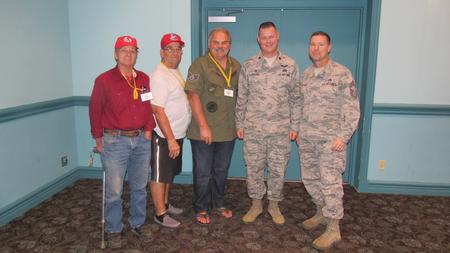
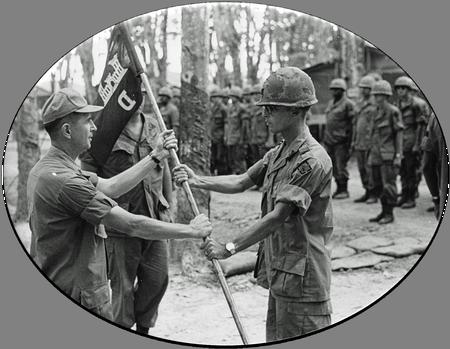
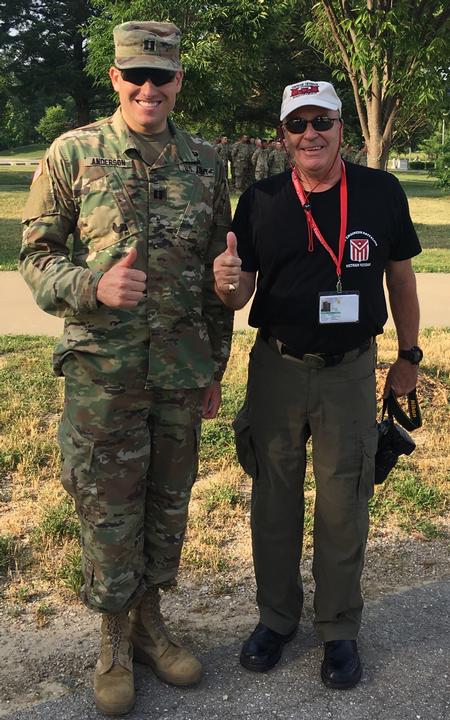
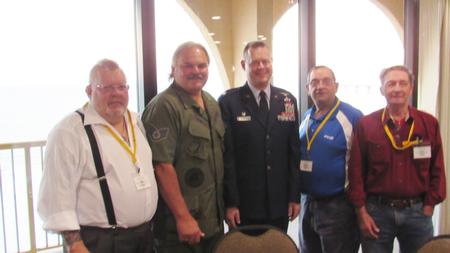
-Jackson--6830.jpg)
